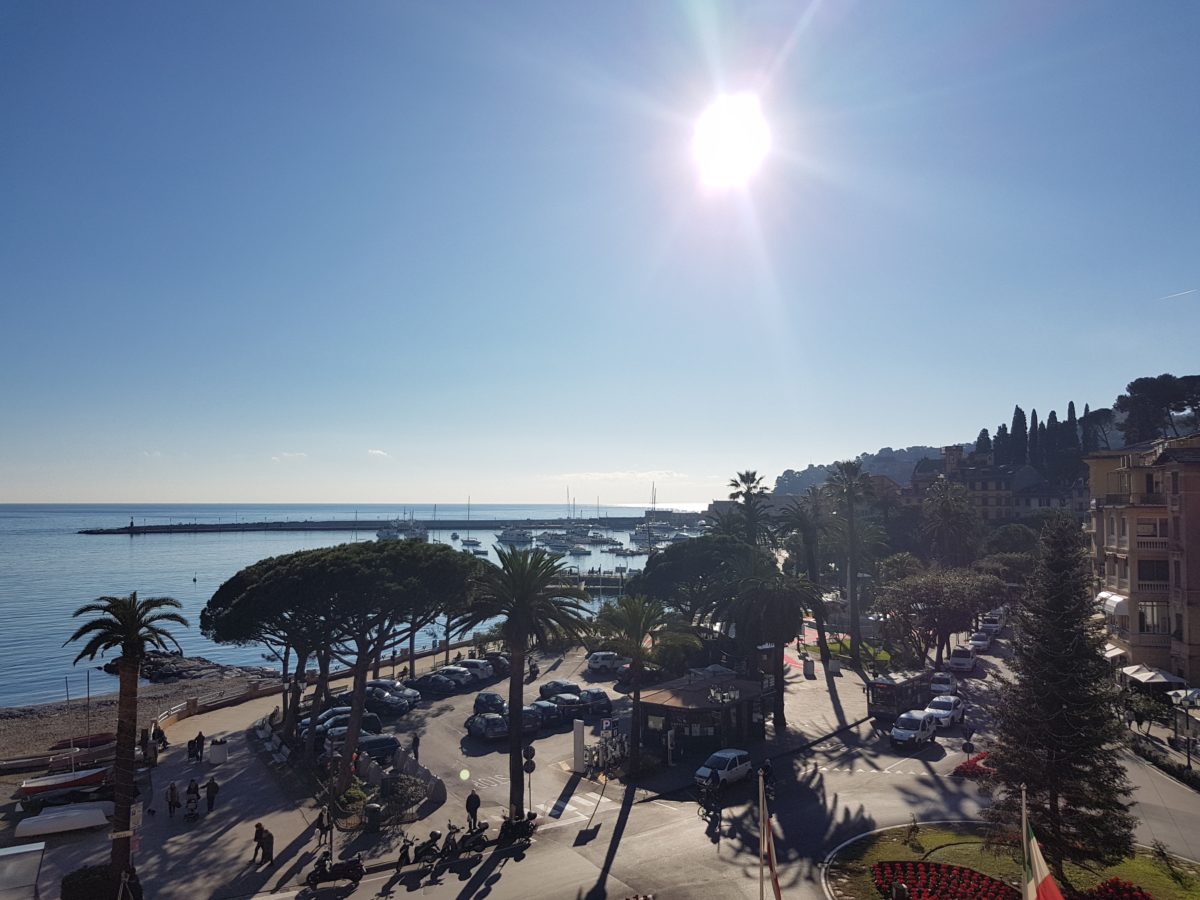Michael A. Singer, in his audio program, The Untethered Soul at Work, reminds us of the value of work in our lives. Michael’s emphasis is on how work enables us to grow by removing the internal blockages that disable us in challenging work situations. However, we can value our work on several levels by being grateful for the opportunities it provides for personal expression and interaction with others, as well as for personal growth.
Being grateful for the work we have
Whether we are in paid work, voluntary work or are self-employed, there are many opportunities to value, and be grateful for, all that work provides. At one level, work adds to our sense of self-worth in that we can earn an income and/or provide services to others. If we can keep the end user of our efforts in mind, we can learn to appreciate what it is we do in the form of “work”. For example, in my role as an organisational consultant, I define my work as enabling people in organisations to have the conversations that they need to have about the things that are important to their productivity and mutual well-being.
We often take our work for granted, not valuing the work itself and the opportunities it provides. We can stop ourselves at any time during the day to express gratitude for some small aspect of our work – a simple gratitude exercise. We can precipitate this awareness and associated habit by occasionally making our work the focus of a gratitude meditation. In this way, both our work and ourselves will experience the benefits of gratitude.
Being grateful for the opportunities work provides for personal growth
Work, whatever form it takes, provides us with the opportunity to express ourselves; to use our knowledge, skills and experience to benefit others (and ourselves); and to be motivated to build our capabilities. As Michael points out, it also provides the learning environment for us to overcome the personal blockages that get in the road of our inner growth. Difficult tasks provide us with opportunities to understand ourselves better, develop discipline and realise a sense of achievement in overcoming personal obstacles that hold us back.
Being grateful for the opportunities work provides for developing relationships
One of the major sources of depression is when people feel isolated, cut off from other people. Work enables us to interact with others in a positive and collaborative way and to build constructive and valuable relationships. This benefit can be fully realised if we continuously work on our own personal growth and the development of mindfulness.
We can learn to value each interaction we have with others in a work context (even if we work from home), if we develop the skill to interact mindfully. This means being fully present, openly aware of the other person and engaging in active listening. If we connect and share through mindful conversations, we can create personal and social transformation.
As we grow in mindfulness through meditation on our work and simple gratitude exercises related to work, we can learn to appreciate the opportunities provided to us for personal growth, self-development and self-expression and meaningful relationships. This can lead to personal transformation and contribute, even in some small way, to social transformation. We can contribute to connectednesss in a world where superficial connection through social media and damaging disconnection abounds.
____________________________________________
Image by rawpixel from Pixabay
By Ron Passfield – Copyright (Creative Commons license, Attribution–Non Commercial–No Derivatives)
Disclosure: If you purchase a product through this site, I may earn a commission which will help to pay for the site, the associated Meetup group and the resources to support the blog.


